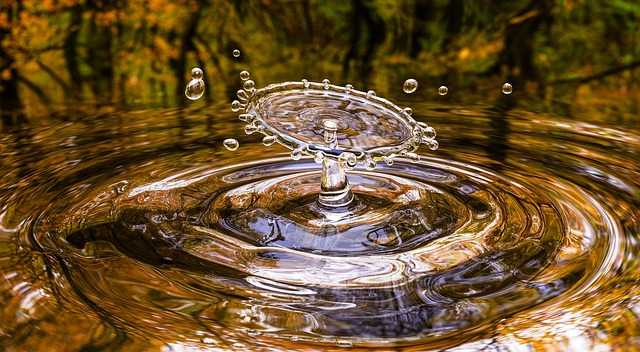
What is Fluid Retention?
Fluid retention, also known as oedema, is that annoying condition where your body decides to hold onto water like it's saving up for a rainy day. It can make you feel like a bloated balloon, with swelling often appearing in your feet, hands, and ankles. You might even feel a bit stiff or achy, as if your body has suddenly turned into an inflatable version of itself. 🎈
Causes of Fluid Retention
So, why does this happen? Well, your body can be a bit dramatic sometimes. Here are some common culprits:
- Hot Weather: When the temperature rises, your body can react by holding onto extra fluid. Think of it as your body’s version of a summer vacation – it just wants to chill out and soak up the sun.
- High Salt Intake: If you’ve been indulging in salty snacks (hello, potato chips!), your body might respond by retaining water to balance things out. It’s like a culinary see-saw!
- Hormonal Changes: Women often experience fluid retention due to hormonal fluctuations during their menstrual cycle. It’s as if Mother Nature decided to throw in a little extra water weight for fun.
Types of Fluid Retention
Fluid retention can be categorized into two types:
- Generalized Oedema: This is when swelling occurs throughout the body. You might feel like a marshmallow in a hot chocolate.
- Localized Oedema: Here, swelling is confined to specific areas, like your feet or hands. It’s like a VIP section for your body’s water retention party!
Symptoms to Watch For
Aside from the obvious puffiness, other symptoms of fluid retention can include:
- Weight fluctuations – because who doesn’t love a surprise on the scale?
- A feeling of stiffness or aching in the affected areas.
- Swelling that can leave indentations when pressed (yes, those lovely little 'dents' are a thing).
Self-Care Options
If you find yourself dealing with mild fluid retention, there are some self-care options that can help:
- Low-Salt Diet: Cutting back on salt can encourage your body to release some of that retained fluid. Your taste buds might protest, but your body will thank you.
- Stay Hydrated: It sounds counterintuitive, but drinking plenty of water can actually help reduce fluid retention. It’s like telling your body, “Hey, I’m not going to let you drown!”
- Supplements: Certain supplements can assist in fluid balance. Always consult a healthcare provider before diving in.
When to Seek Help
If fluid retention becomes consistent or severe, it might be time to consult a healthcare professional. It could be a sign of an underlying health issue, and no one wants that kind of drama in their life!
Conclusion
Fluid retention may be a common issue, but that doesn’t mean it’s any less annoying. By understanding its causes and symptoms, and implementing some self-care strategies, you can manage this condition like a pro. Remember, your body is a temple – just make sure it’s not a water park! 💦




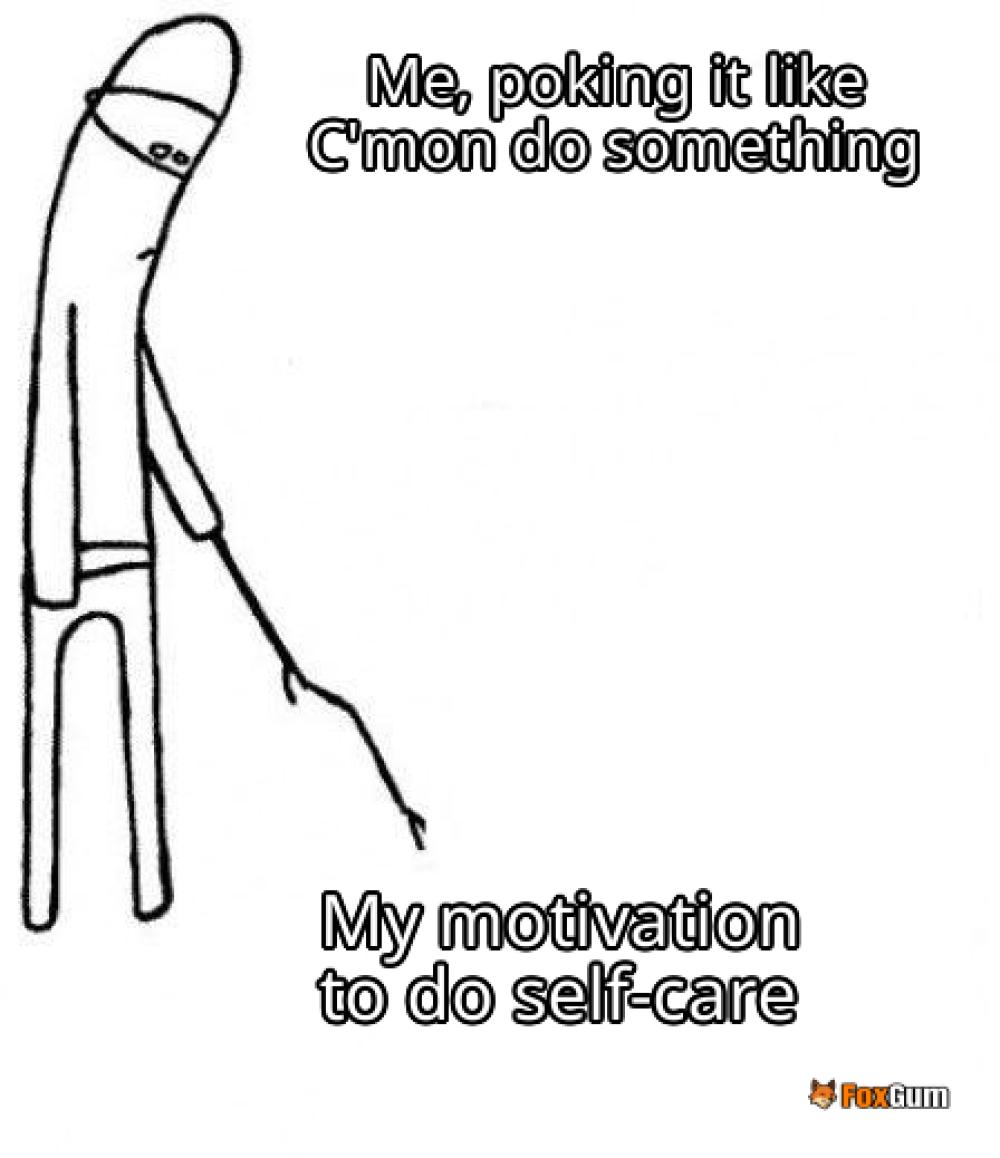


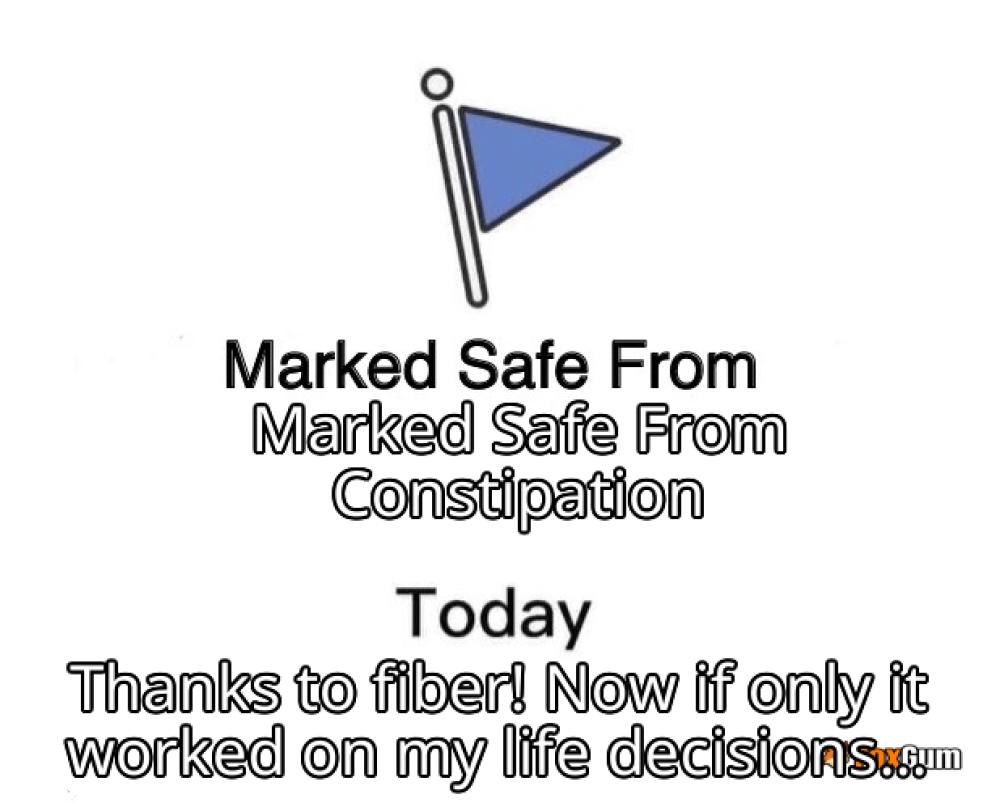
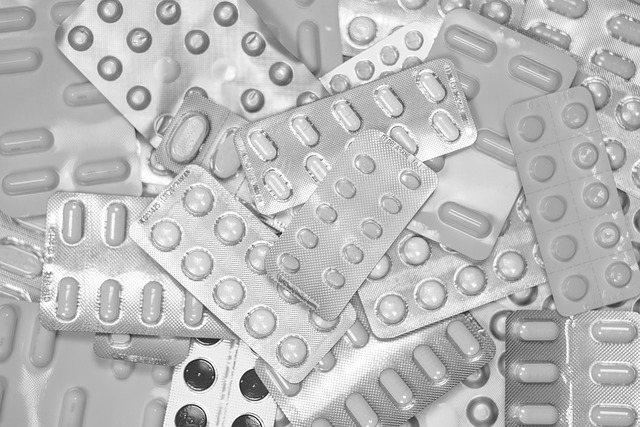





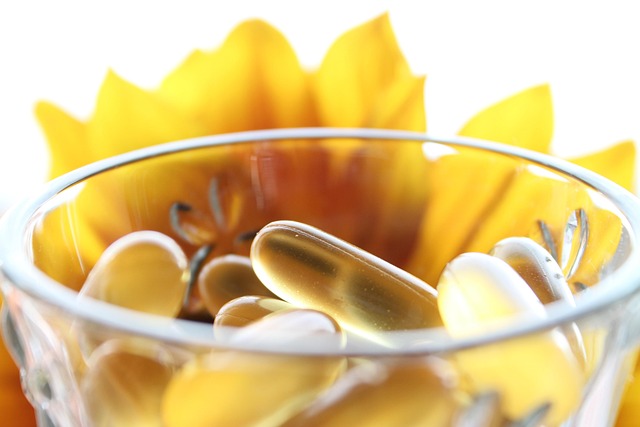


 Habits: The Unseen Routines of Our Lives
Habits: The Unseen Routines of Our Lives 
 Health
Health  Fitness
Fitness  Lifestyle
Lifestyle  Tech
Tech  Travel
Travel  Food
Food  Education
Education  Parenting
Parenting  Career & Work
Career & Work  Hobbies
Hobbies  Wellness
Wellness  Beauty
Beauty  Cars
Cars  Art
Art  Science
Science  Culture
Culture  Books
Books  Music
Music  Movies
Movies  Gaming
Gaming  Sports
Sports  Nature
Nature  Home & Garden
Home & Garden  Business & Finance
Business & Finance  Relationships
Relationships  Pets
Pets  Shopping
Shopping  Mindset & Inspiration
Mindset & Inspiration  Environment
Environment  Gadgets
Gadgets  Politics
Politics 